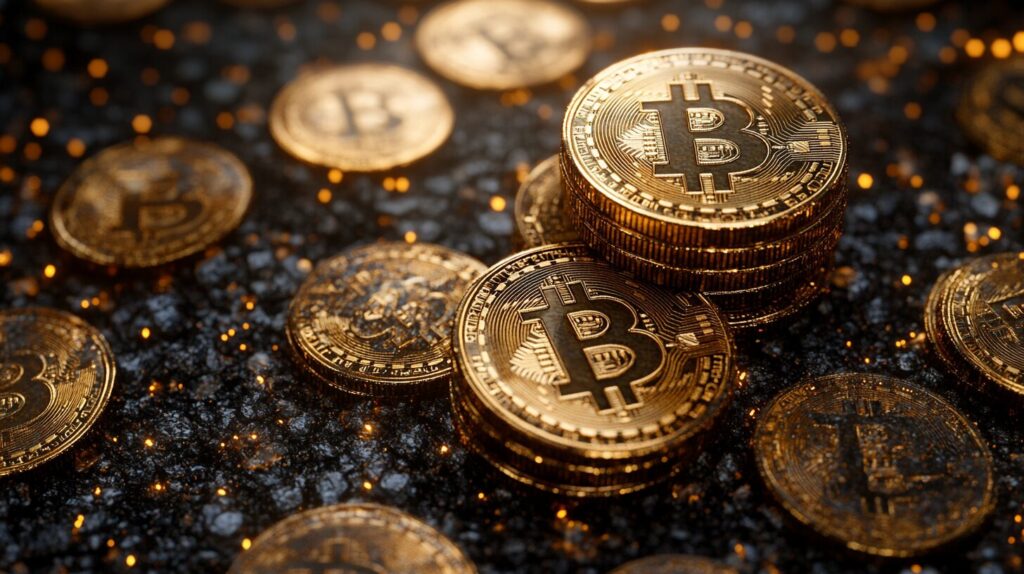Peer-to-peer (P2P) virtual currency systems are transforming the financial landscape by enabling direct user transactions without intermediaries.
Definition and Meaning of Peer-to-Peer
Peer-to-peer (P2P) virtual currency refers to a decentralized form of digital currency transactions where users interact directly with each other. Traditional financial systems just rely on intermediaries like banks, but P2P systems leverage blockchain technology to facilitate secure and transparent exchanges. This decentralized approach ensures that transactions are faster, more secure, and less costly.
How P2P Works?
In a P2P system, transactions are conducted directly between users through a distributed network. Every participant in the network acts as both a client and a server, enabling them to initiate and verify transactions. Blockchain technology underpins this system by maintaining a secure and immutable ledger of all transactions. Users typically use digital wallets to send and receive virtual currencies, and each transaction is verified through a consensus mechanism, ensuring security and transparency.
What is the Meaning of Peer-to-Peer Trading?
Peer-to-peer trading involves the direct exchange of assets between individuals without the need for a central authority or intermediary. In the context of virtual currencies, this means buying or selling cryptocurrencies directly with other users. P2P trading platforms facilitate these exchanges by providing a marketplace that buyers and sellers can connect, negotiate terms, and execute trades securely.
What is the Meaning of Peer-to-Peer Investment?
Peer-to-peer investment refers to investing in financial assets directly with other individuals, bypassing traditional financial institutions. In the realm of virtual currencies, this could involve lending or borrowing digital assets, investing in new cryptocurrency projects, or participating in decentralized finance (DeFi) platforms. These investments are typically managed through smart contracts that allow automating and enforcing the terms of the agreements, reducing the need for intermediaries.
Is Bitcoin a Peer-to-Peer System?
Yes, Bitcoin is fundamentally a peer-to-peer system. It was designed to allow users to transact directly with one another without the need for a central authority. Bitcoin transactions are confirmed by network nodes that this happens through cryptography and are recorded on a public ledger known as a blockchain. This decentralized structure is a core characteristic of Bitcoin and other cryptocurrencies.
What is a Peer-to-Peer Marketplace?
A peer-to-peer marketplace refers to a platform that enables direct transactions between users. In the context of virtual currencies, these marketplaces allow individuals to buy, sell, or trade cryptocurrencies directly with each other. Examples include platforms like LocalBitcoins and Paxful, where users can list their offers and negotiate terms directly with potential buyers or sellers.
What Is the Biggest P2P Exchange?
The largest P2P exchange is often debated, but platforms like LocalBitcoins and Paxful are among the most well-known and widely used. These exchanges facilitate a significant volume of peer-to-peer transactions by connecting buyers and sellers from around the world. They offer a variety of payment methods and provide escrow services to ensure secure transactions.
Is P2P Crypto Legal?
The legality of P2P crypto transactions varies by jurisdiction. In many countries, P2P trading is legal and regulated, while in others, it may be restricted or prohibited. It’s crucial to learn about the legal framework governing virtual currencies in your country to ensure compliance with local laws and regulations.
Is P2P Trading Profitable?
P2P trading can be profitable, but it also carries risks. Profitability depends on various factors such as trading strategies, market conditions, and the user’s knowledge and experience. While P2P trading often offers better rates and lower fees compared to traditional exchanges, it also exposes traders to potential risks like fraud and market volatility.
Advantages and Disadvantages of P2P
Advantages:
- Decentralization: It eliminates the need for intermediaries, reducing costs and increasing transaction speed.
- Accessibility: Allows users to trade globally without restrictions imposed by central authorities.
- Security: Blockchain technology ensures secure and transparent transactions.
Disadvantages:
- Regulatory Risks: Varying the legal status of P2P transactions can pose compliance challenges.
- Fraud Risk: Direct transactions may expose users to potential scams if not conducted through reputable platforms.
- Market Volatility: The value of every virtual currency can fluctuate significantly, impacting the profitability of trades.




